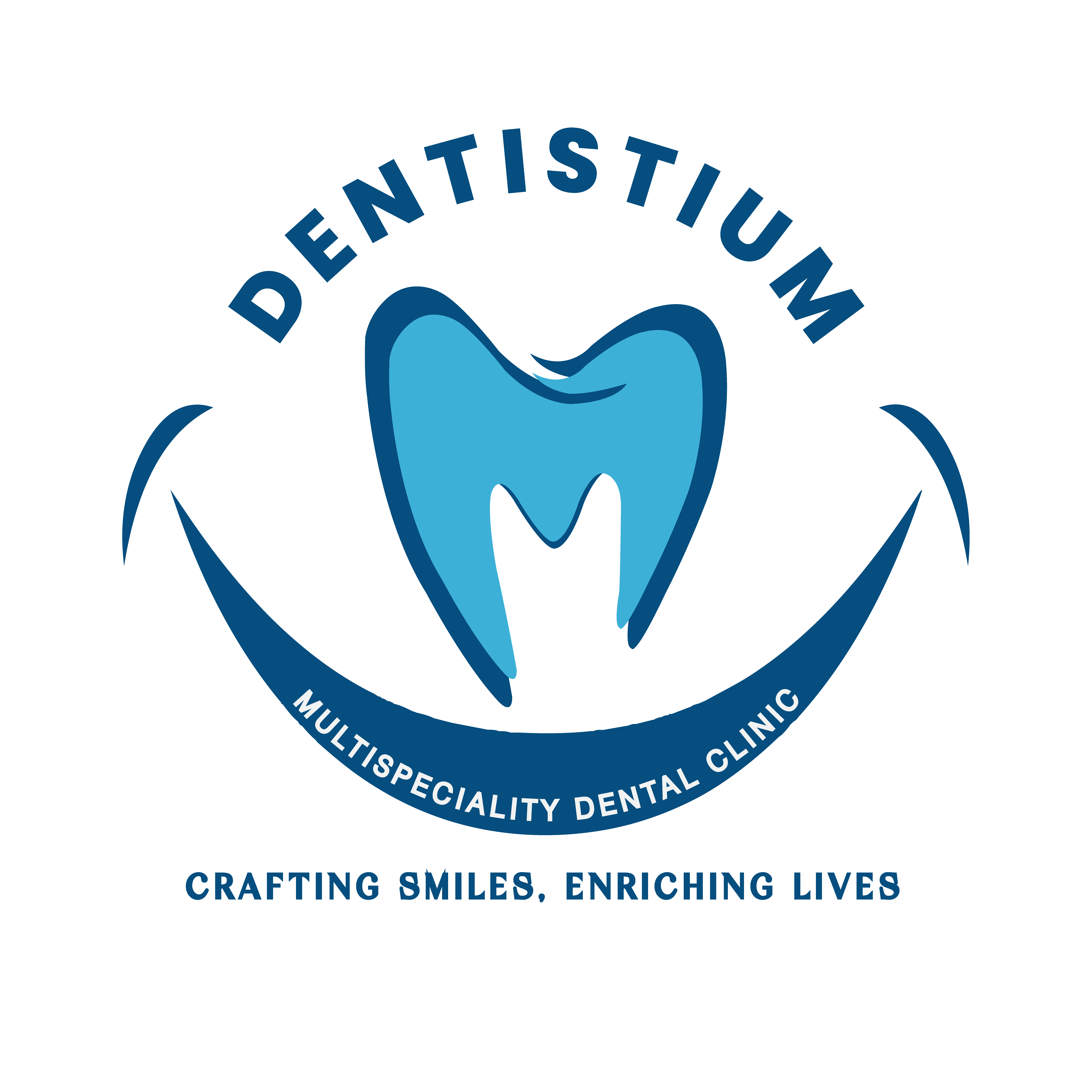What is Tooth Polishing / Dental Polishing?
What is Tooth Polishing?
Tooth polishing is a standard dental procedure aimed at leaving your tooth enamel smooth and glossy. Often performed during routine cleaning appointments, it complements dental scaling to freshen breath and prevent tooth decay.
During the tooth polishing process, after dental scaling removes plaque and buildup, your dentist or hygienist will use either a dental drill with a rubber cup and polishing paste or a gentle blasting device with baking soda powder. This step smoothens the tooth surface, removes stains, and helps prevent gum disease and irritation.
This procedure not only enhances the appearance of your teeth but also contributes to overall oral health by maintaining a clean and polished surface that is less prone to plaque buildup and decay. It’s essential to have tooth polishing performed by dental professionals to ensure effective results and avoid potential damage to tooth enamel.
Benefits of Tooth Polishing
Tooth polishing offers both cosmetic and health benefits, effectively removing dental stains, plaque, and microorganisms from the tooth’s surface. While it enhances the aesthetic appearance by making the enamel lustrous and clean, it also contributes to oral health by reducing plaque buildup and bacteria. Polishing, combined with scaling to remove tough plaque, is integral to maintaining healthy gums and teeth. This procedure is painless and provides immediate results, leaving teeth feeling smooth and polished after each session.
Dental polishing include reducing plaque buildup and bacterial presence, although it doesn’t prevent gum disease entirely. Regular polishing helps manage cavity-causing bacteria and biofilm, crucial for preventing gum disease like periodontitis, which can lead to tooth and bone loss.
Types of Tooth Polishing
There are different types of tooth polishing techniques tailored to specific needs:
- Therapeutic Polishing: Removes microflora and endotoxins from exposed cementum during dental surgical procedures.
- Coronal/Cosmetic Polishing: Eliminates plaque and superficial stains, enhancing the enamel’s reflective properties for a brighter smile.
- Superficial Polishing: Primarily for aesthetic improvement, this technique polishes the crown of the tooth without significant therapeutic benefits.
- Selective Polishing: Focuses on removing remaining stains post-scaling, ensuring a clean and polished appearance.
Choosing professional tooth polishing ensures thorough plaque removal and maintains dental health, contributing to a brighter, healthier smile.
Polishing Teeth At Home?
Polishing your teeth at home using DIY kits or baking soda may seem convenient, but it’s not recommended. These products can be too abrasive, potentially wearing down your enamel, causing tooth sensitivity, and leaving behind more bacteria. Professional dental polishing, done with the right tools and expertise, is safer and more effective.
Using over-the-counter kits that claim to mimic professional polishing. These products can lead to enamel abrasion and other dental issues if used incorrectly. It’s crucial to maintain oral health through regular brushing, flossing, and professional dental cleanings to keep teeth healthy and glossy.
While dental polishing itself is generally safe, individuals with sensitive teeth or severe tooth wear may require gentler methods. Regular dental visits every 6 months for scaling and polishing are recommended, though frequency may vary based on individual needs and oral health conditions. Always consult your dentist before trying any at-home dental treatments.


